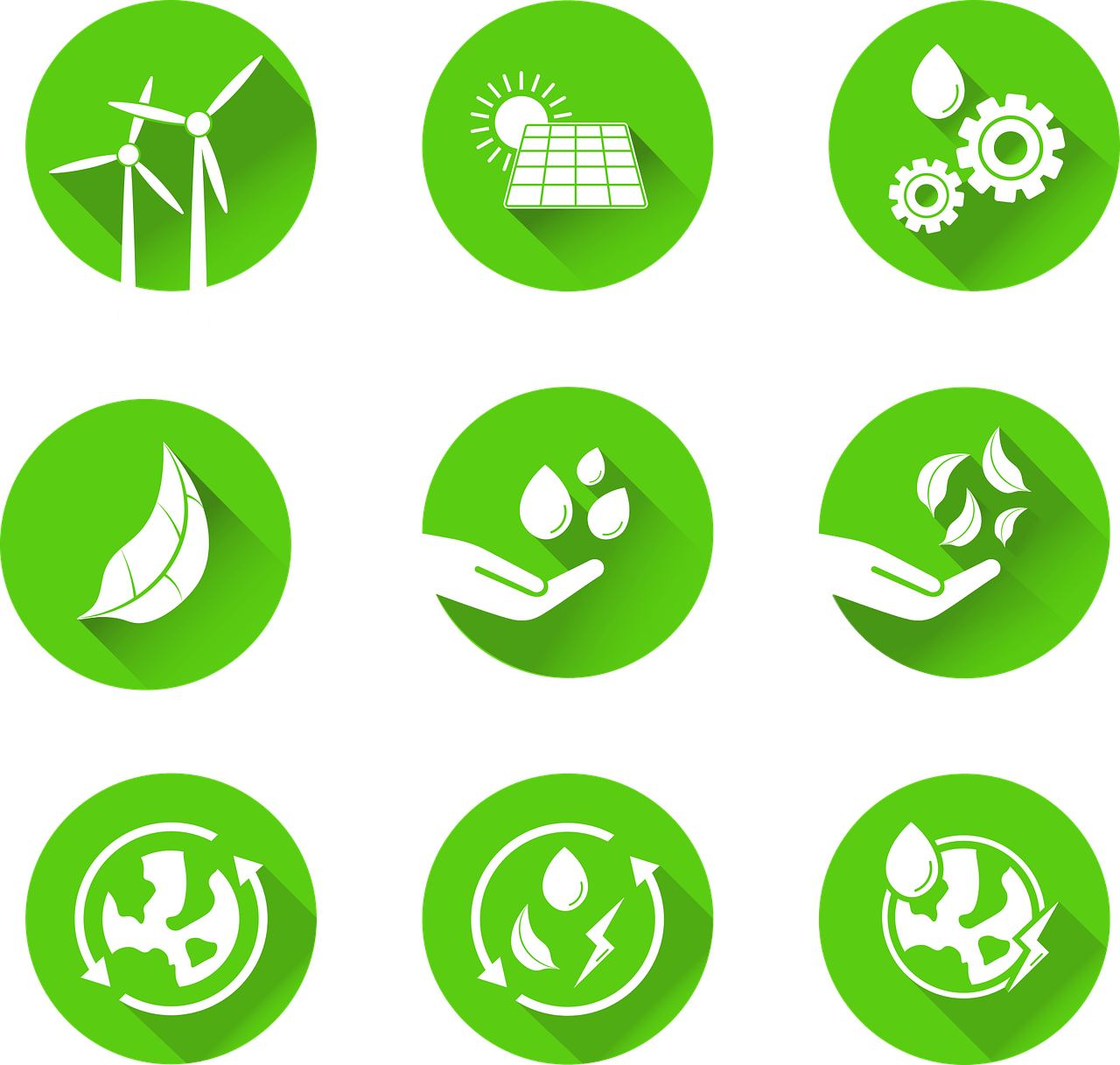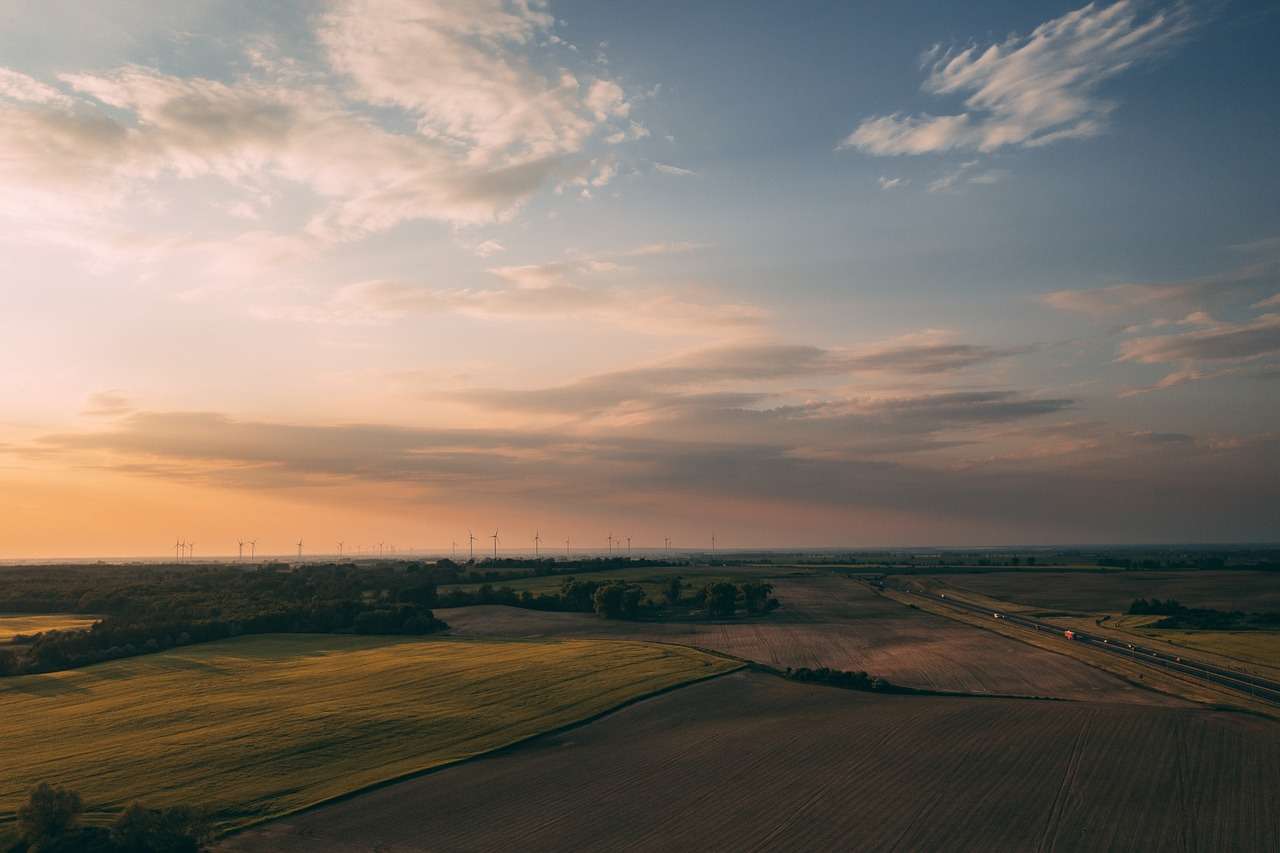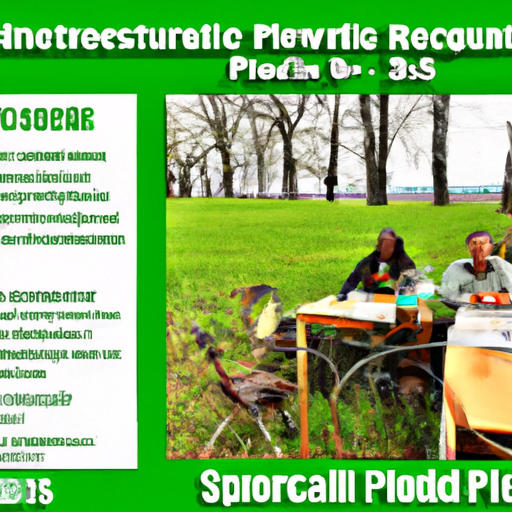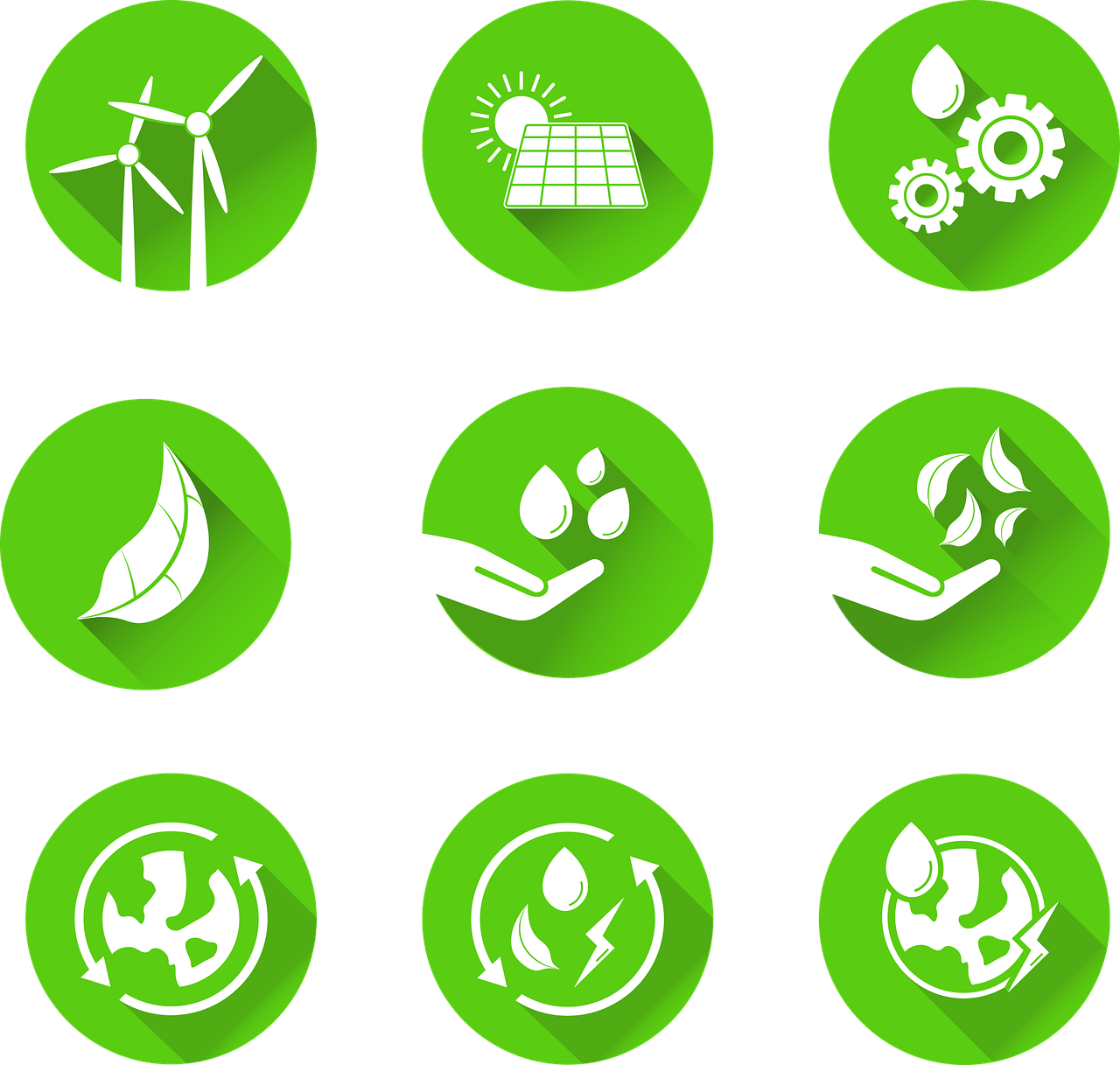I’ve always been intrigued by the idea of living off the grid, away from the hustle and bustle of modern society. So, naturally, I started wondering, are there actually off-grid communities out there? You know, places where people have disconnected from the conventional urban lifestyle and embraced a more self-sufficient way of living. Well, let me tell you, the answer might surprise you.

What are off-grid communities?
Off-grid living explained
Off-grid communities are residential communities where individuals or groups choose to disconnect from the traditional power grid and live self-sufficiently. In these communities, residents generate their own electricity, collect and manage their own water supply, and often grow their own food through organic farming and permaculture. The aim is to reduce dependency on public utilities and live in harmony with the environment.
The benefits of off-grid communities
Living off-grid offers several benefits. Firstly, it provides individuals or families with the opportunity to minimize their environmental impact by reducing their carbon footprint and mitigating ecological damage. Additionally, it allows individuals to be more self-reliant and resilient, as they become less dependent on external resources. Off-grid living also promotes a sense of simplicity and fosters a stronger connection to nature and the surrounding community.
Types of off-grid communities
There are various types of off-grid communities, each with different approaches to sustainable living. Some communities focus on renewable energy sources such as solar, wind, or hydro power to generate electricity. Others prioritize water conservation and management through rainwater collection and wastewater treatment systems. Some communities also emphasize organic farming and permaculture practices to ensure a self-sufficient and sustainable food supply.
Examples of off-grid communities
EcoVillage at Ithaca, New York
Located in upstate New York, EcoVillage at Ithaca is one of the most well-known and successful off-grid communities in the United States. It consists of three neighborhoods, each with their own solar power system, organic gardens, and communal spaces. The community members are actively involved in sustainable living practices, including energy conservation, waste reduction, and environmentally-friendly transportation options.
Dancing Rabbit Ecovillage, Missouri
Dancing Rabbit Ecovillage is a pioneering off-grid community located in rural Missouri. It is designed to be a model of sustainable living and environmental stewardship. The community relies on renewable energy sources such as solar and wind power, and members actively participate in sustainable agriculture and ecological restoration projects. Dancing Rabbit also places a strong emphasis on community building and shared decision-making.
Tinkers Bubble, Somerset, England
Tinkers Bubble is a unique off-grid community situated in the countryside of Somerset, England. It is a small community of individuals who strive to live in harmony with nature and minimize their ecological impact. The community has its own renewable energy sources, organic gardens, and a strong focus on low-impact living. Tinkers Bubble also advocates for sustainable forestry and land management practices.

Challenges and considerations of off-grid living
Financial implications of off-grid living
One of the key challenges of off-grid living is the initial financial investment required to establish the necessary infrastructure. Building or retrofitting a home to be off-grid can be costly, especially when incorporating renewable energy systems and sustainable water management systems. Additionally, ongoing maintenance and repairs can add to the financial commitment of living off-grid. However, it is important to consider the long-term savings on utility bills and the potential for a more sustainable and self-sufficient lifestyle.
Access to basic amenities and services
Living off-grid may require individuals to be more self-reliant when it comes to accessing basic amenities and services. For example, off-grid communities often need to find alternative sources of water, such as wells or rainwater capture systems. Additionally, access to healthcare, schools, and other essential services may be more limited in remote off-grid locations. It is important for individuals considering off-grid living to carefully consider their needs and evaluate the availability of such amenities and services in their chosen community.
Maintenance and self-sufficiency
Off-grid living requires a certain level of technical knowledge and self-sufficiency. Residents must be able to maintain and repair their renewable energy systems, manage their water supply, and handle other off-grid infrastructure. This may involve learning new skills or relying on community members with relevant expertise. It is important to recognize that off-grid living requires a commitment to ongoing maintenance and the ability to handle unexpected challenges that may arise.
Sustainability in off-grid communities
Renewable energy sources
A cornerstone of off-grid communities is the use of renewable energy sources. Solar power, wind turbines, and hydroelectric systems are commonly used to generate electricity in off-grid communities. By relying on these renewable sources, off-grid communities reduce their reliance on fossil fuels and contribute to a more sustainable energy future. Some communities even have excess energy that can be shared or sold back to the grid.
Water conservation and management
Off-grid communities also prioritize water conservation and management. Rainwater harvesting, graywater recycling, and even well drilling are common practices in off-grid living. By collecting and managing their own water supply, communities can reduce strain on local water sources and ensure a sustainable water future. It also promotes awareness and responsibility for water usage and encourages more efficient water practices.
Organic farming and permaculture
Many off-grid communities embrace organic farming and permaculture as a means to achieve self-sufficiency and promote sustainable agriculture. By growing their own food, these communities reduce their dependence on industrial agriculture, which often relies on pesticides, synthetic fertilizers, and long-distance transportation. Organic farming and permaculture practices prioritize soil health, biodiversity, and ecological balance, creating a more sustainable food system.

Creating a successful off-grid community
Shared values and goals
Creating a successful off-grid community starts with shared values and goals. Community members should have a common vision for sustainable living and a commitment to environmental stewardship. Shared values can include respect for nature, social equity, and a desire to promote a sense of community. By aligning values and goals, individuals can effectively work together towards a sustainable and harmonious off-grid lifestyle.
Effective governance and decision-making
Off-grid communities require effective governance and decision-making structures to ensure the smooth operation and success of the community. This can involve regular community meetings, consensus-based decision-making processes, and the establishment of clear rules and guidelines. Well-defined roles and responsibilities, as well as open communication channels, are also important to maintain harmony within the community.
Community building and cooperation
Building a sense of community and fostering cooperation is essential for the long-term success of an off-grid community. This can involve regular community events, shared meals, and collaborative projects. By actively engaging in community-building activities, individuals develop strong bonds with their neighbors and create a supportive network. Cooperation and collaboration also enable the sharing of resources, knowledge, and skills, further enhancing the self-sufficiency and resilience of the community.
Off-grid living as a lifestyle choice
Disconnecting from the grid
Choosing off-grid living is a deliberate decision to disconnect from the traditional power grid. It involves relying on renewable energy sources and managing resources and amenities independently. By disconnecting from the grid, individuals can reduce their reliance on non-renewable energy, contribute to a more sustainable future, and gain a sense of independence and self-reliance.
Embracing simplicity and self-reliance
Off-grid living encourages individuals to embrace a simpler, less materialistic lifestyle. By living with less, individuals can focus on what truly matters and reduce their environmental impact. Additionally, off-grid living promotes self-reliance, as individuals become responsible for generating their own energy, sourcing their own water, and growing their own food. This self-sufficiency fosters a sense of empowerment and resilience.
Resilience and preparedness for emergencies
Living off-grid also offers individuals a higher level of resilience and preparedness for emergencies. In the event of a power outage or other disturbance to the grid, off-grid communities can continue to function autonomously. They have their own energy sources and water supply, making them less vulnerable to disruptions in public utilities. This resilience and preparedness can provide peace of mind and a greater sense of security for individuals living off-grid.

Off-grid communities and environmental impact
Reducing carbon footprint
Off-grid communities play a significant role in reducing carbon footprints. By relying on renewable energy sources and minimizing reliance on fossil fuels, these communities contribute to the mitigation of climate change. Off-grid living promotes energy conservation, encourages the use of energy-efficient appliances, and prioritizes sustainable transportation options, such as bicycles or electric vehicles. Collectively, these actions can have a substantial positive impact on the environment.
Mitigating ecological damage
Off-grid communities strive to minimize ecological damage and promote biodiversity. By practicing organic farming and permaculture, these communities protect soil health, conserve water resources, and promote the growth of native plant species. Additionally, off-grid communities often prioritize low-impact construction and land management practices, ensuring that their presence has minimal negative impact on the surrounding ecosystem.
Preserving natural resources
Off-grid communities prioritize the preservation of natural resources. By reducing water consumption, managing waste responsibly, and minimizing energy usage, these communities help conserve natural resources for future generations. They emphasize the importance of sustainability and promote practices that protect and restore the environment. By setting an example for sustainable living, off-grid communities inspire others to consider their own impact on the natural world.
Legal and regulatory considerations for off-grid communities
Zoning and building codes
When establishing an off-grid community, it is essential to consider local zoning and building codes. Some areas may have restrictions or regulations related to off-grid living or alternative energy systems. Familiarizing oneself with these regulations and obtaining any necessary permits or approvals is crucial to avoid legal issues in the future. Consulting with local authorities and experts can provide valuable guidance during the planning and development stages.
Permits and licenses
In addition to zoning and building codes, off-grid communities may need to acquire permits and licenses for certain activities or infrastructure. This can include permits for drilling wells, installing renewable energy systems, or operating composting toilets. Complying with legal requirements ensures that the community operates within the boundaries of the law and maintains a positive relationship with local authorities.
Land ownership
Off-grid communities must also consider land ownership options. Some communities choose to collectively own the land they reside on, while others rent or lease property. Understanding land ownership laws and agreements is crucial to ensure the long-term stability and success of the community. It is important to clarify ownership arrangements and establish legal frameworks that protect the rights and interests of all community members.

Factors to consider before joining an off-grid community
Personal compatibility and lifestyle preferences
Before joining an off-grid community, individuals should consider their personal compatibility and lifestyle preferences. Off-grid living requires a certain level of self-sufficiency, adaptability, and comfort with a simpler lifestyle. It is important to assess whether the values and goals of the community align with one’s own and to understand the expectations and responsibilities involved in communal living.
Skills and abilities required
Living off-grid often requires individuals to acquire new skills and knowledge. Basic technical skills related to renewable energy systems, water management, and organic farming can be valuable assets in an off-grid community. It is important to assess one’s abilities and willingness to learn and contribute to the community’s sustainability efforts. Recognizing and appreciating the diverse skills and abilities of existing community members can also be an important factor in joining an off-grid community.
Long-term commitment
Joining an off-grid community is a long-term commitment. It requires a willingness to actively participate in community building, decision-making, and the ongoing maintenance and operation of off-grid infrastructure. It is important to consider whether one is ready and committed to investing time, effort, and resources into the community for the foreseeable future. Building relationships and trust within the community takes time, and it is essential to be prepared for the challenges and rewards of communal living.
Conclusion
Off-grid communities offer individuals and families an alternative way of living that is more sustainable and self-reliant. By disconnecting from the traditional power grid and embracing renewable energy sources, these communities reduce their environmental impact and promote resilience and preparedness. Off-grid living requires careful consideration of financial implications, access to basic amenities, and the ability to maintain and operate off-grid infrastructure. However, for those who are committed to shared values and goals, off-grid living can provide a fulfilling and environmentally conscious lifestyle. It offers the opportunity to live in harmony with nature, embrace simplicity, and contribute to a more sustainable future.




